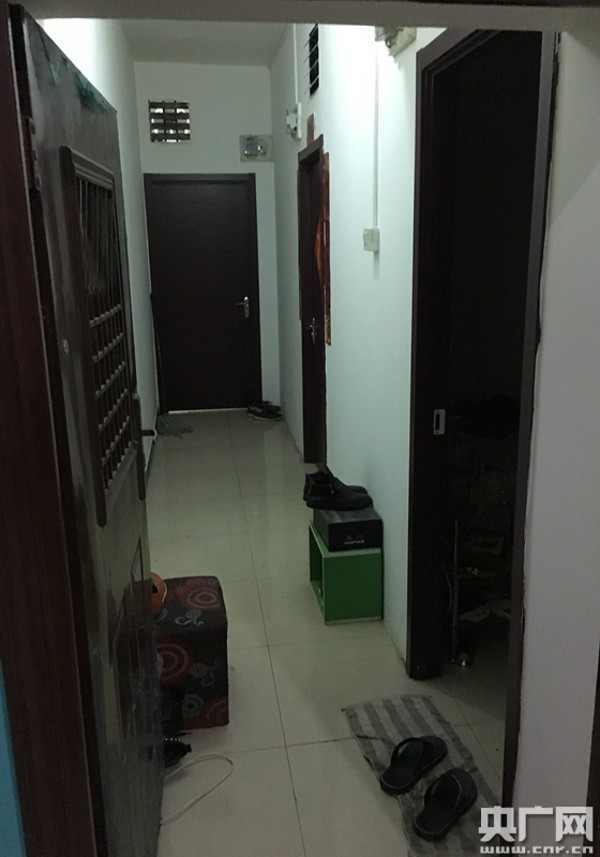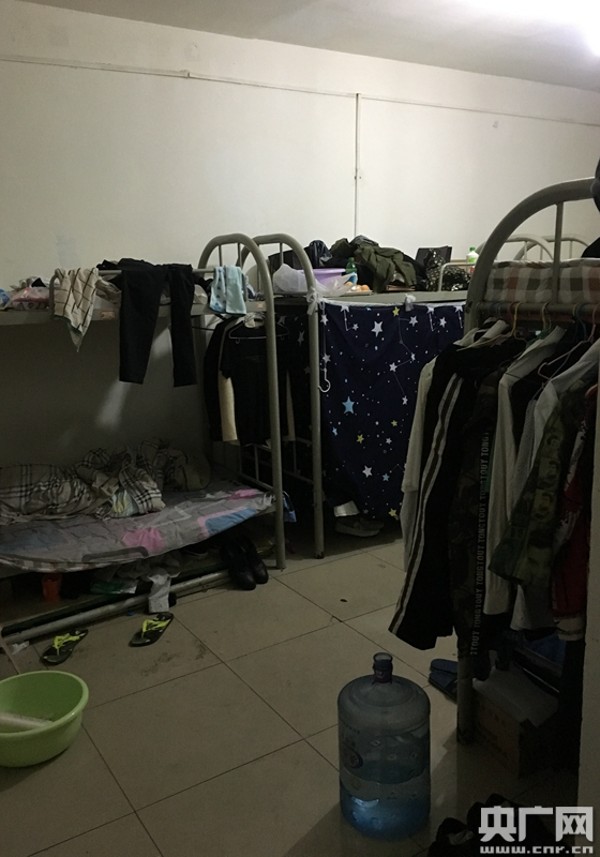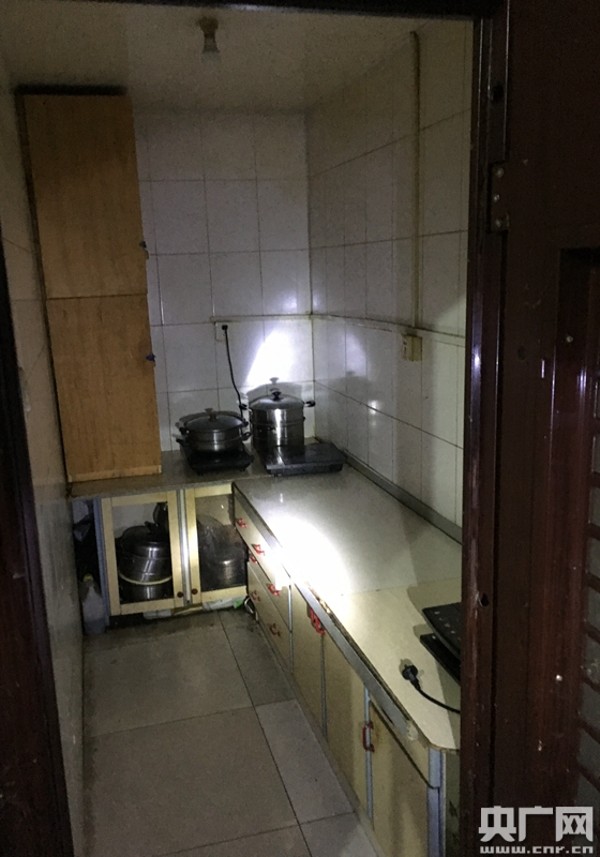
Tales from the underground: Posh Beijing compound discovers 400 low-rent tenants living in its basement
Unknown slumlord rents windowless, poorly ventilated bunk spaces for a fraction of that paid by tenants in the floors above
Residents of a high-end compound in Beijing have found more than 400 migrants are living in cramped and potentially dangerous conditions in their basement, the most recent case to shed light on how this transient community struggles to make ends meet in China’s capital city.

During a recent inspection, residents and authorities discovered a hidden world in their basement, where, according to the report, as many as 400 people, mostly migrant workers, lived in cramped dormitories.

The largest room was home to 36 people.
One of the inhabitants said the monthly rent was about 1,300 yuan (US$190), about a tenth of what a regular tenant would pay in the floors above and perhaps a quarter to a third of what a typical dorm dweller’s monthly wage. Another occupant, who worked at a bar nearby, said all his co-workers were lodgers in the basement as well.

The identity of the slumlord is not known, but the basement – a remnant of the cold war – is owned by officially owned by the civil defence bureau of the district government and is probably subleased to someone else.
But most worrying to authorities is that all the occupants share only one emergency exit, which poses a danger not only to themselves but to residents who live above ground
In a move to relieve the capital city of what authorities call its “urban disease”, the municipal government has launched a series of campaigns to cap its population, and basement housing – often considered dirty and dangerous, but also popular with low-income migrant workers and even new college graduates unable to afford a home – has been among the targets.
Authorities say they have cracked down on nearly 600 basement tenements in the first four months of the year.

